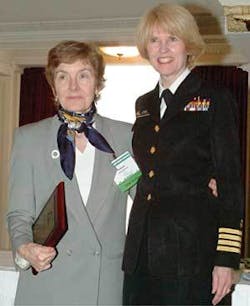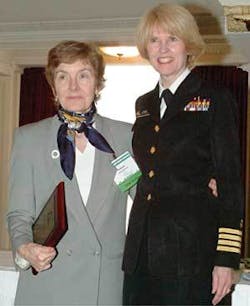Retired, but not really
I thought I would follow up from the last column in September and introduce RDH readers to the first ADHA public health consultant. ADHA recently established this position as a way to consult with members when they have questions regarding public health endeavors and to serve as an advisor to the Council on Public Health and ADHA staff in all public health issues. The ADHA chose a true dental hygiene pioneer, Dolores Malvitz, to lead this new charge!
After receiving her certificate in dental hygiene and bachelor’s degree in English at the University of Michigan and Western Michigan, respectively, Dolores went on to obtain a master’s and doctoral degrees in public health from the University of Michigan. She has taught dental hygiene, published numerous articles on studies she led, spoken all over the nation, been active in several professional associations, consulted with various organizations, and recently retired from the Centers for Disease Control and Prevention (CDC) in Atlanta. In fact, her exact title at CDC was Surveillance and Research Team Leader, Division of Oral Health, National Center for Chronic Disease Prevention and Health Promotion. She continues to be a role model and mentor to many dental hygienists and has truly motivated the profession by her many accomplishments.
Dolores has received many awards. Some of the most noteworthy include:

